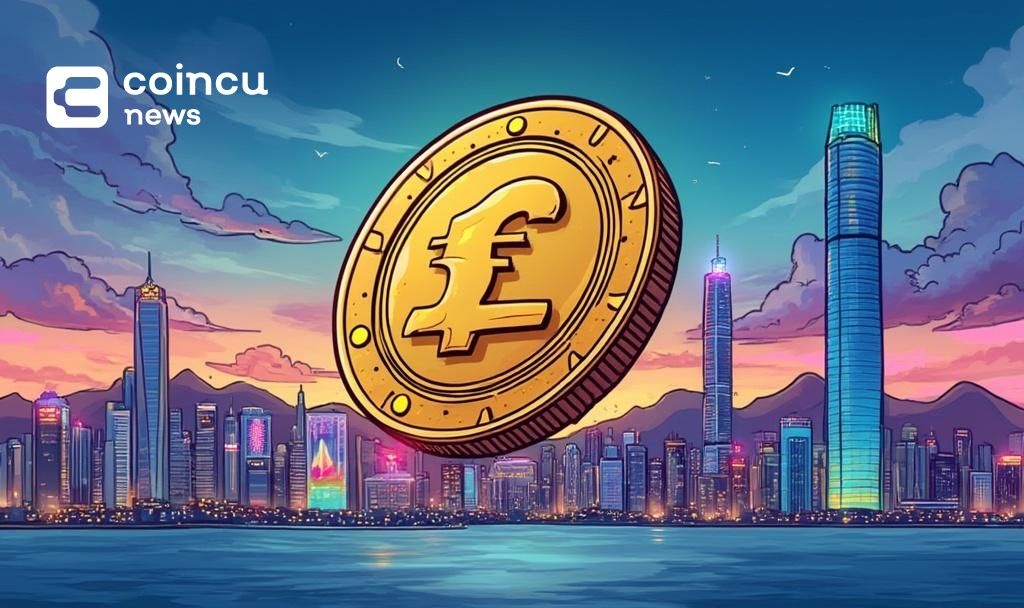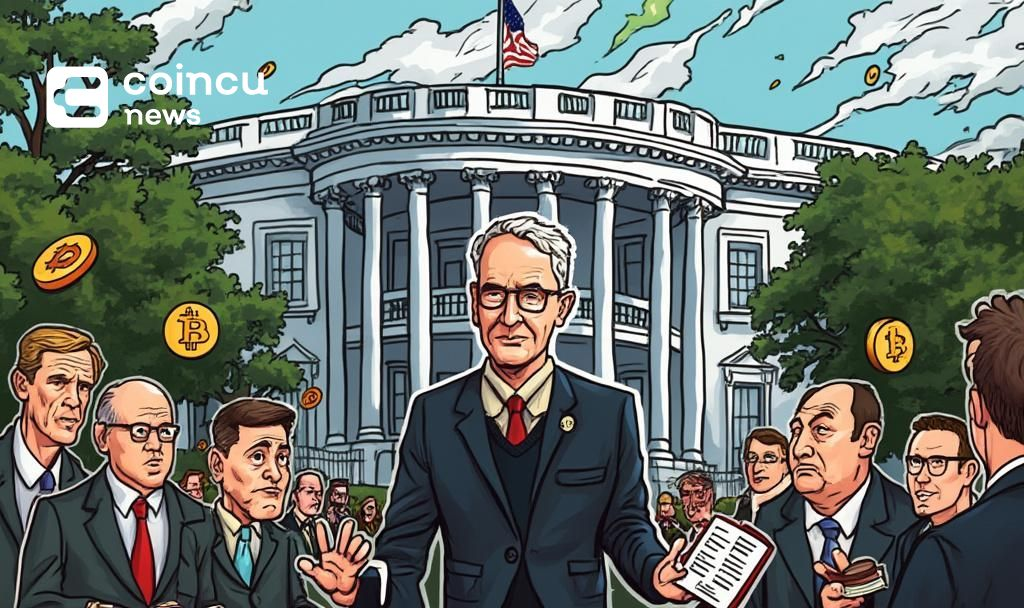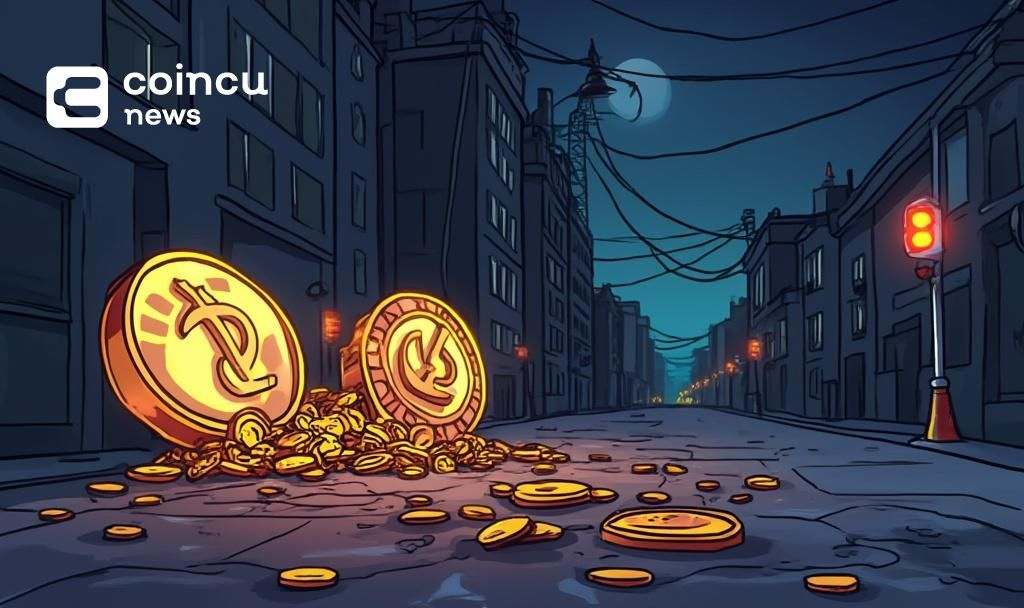$118540.15
At CoinCu News, we give both basic and in-depth articles on the latest news in the cryptocurrency and blockchain sectors.
John Kojo Kumi is a cryptocurrency researcher and writer specializing in emerging startups, tokenomics, and market dynamics within the blockchain ecosystem. With years of experience in crypto journalism and blockchain research, he provides in-depth coverage of decentralized finance (DeFi), NFTs, and Web3 innovations.
He holds a Bachelor of Arts in Geography and Rural Development from Kwame Nkrumah University of Science and Technology, Kumasi, bringing a multidisciplinary perspective to the evolving digital asset space. As a Crypto News Writer, he tracks and reports on industry trends, while his role as a Registrar at the Commission on Human Rights and Administrative Justice reflects his commitment to governance and transparency.
His expertise spans content strategy, SEO optimization, and technical research, enabling him to craft insightful, data-driven analyses. Passionate about blockchain’s transformative potential, he strives to equip readers with the knowledge to navigate the complexities of digital assets and decentralized technologies.
News
Arbitrum Leads in Cross-Chain Net Inflows
Arbitrum dominates with $1.9 billion net inflows, surpassing Avalanche and Unichain.
Jul
GENIUS Act Signed: Boosts Stablecoin Regulatory Framework
U.S. President signs GENIUS Act for stablecoin regulation, impacting $25-75 billion growth, potential effects on
Jul
JPMorgan Chase to Impose Fees on Fintech Data Access
JPMorgan to charge fintech firms for user data access, impacting startups and possibly raising consumer
Jul
Hong Kong Initiates Stablecoin Licensing by Invitation Only
Hong Kong introduces stablecoin regulations, launching licensing by invitation in 2025.
Jul
White House to Release Inaugural Cryptocurrency Policy Report
White House announces its first cryptocurrency policy report, affecting Bitcoin and the digital asset market.
Jul
Block Inc Joins S&P 500, Stock Rises 10%
Block Inc added to S&P 500 on July 23, boosting Bitcoin integration efforts.
Jul
CoinDCX Reports Hack, Loses $44.2 Million
CoinDCX in India reportedly hacked, losing $44.2 million; community questions 17-hour disclosure delay.
Jul
Ethena Labs’ USDe Supply Reaches Historic 6 Billion Mark
USDe supply hits 6 billion, reflecting increasing demand in DeFi markets.
Jul
WLFI Tokens Set for Trading After Community Approval
WLFI community approves token tradability. Launch expected within 6-8 weeks. Key developments and market reactions.
Jul
[tptn_list how_old="7" limit="5" title_length="0" heading="0" show_date="0" ]
[tptn_list how_old="30" limit="5" title_length="0" heading="0" show_date="0" ]






















